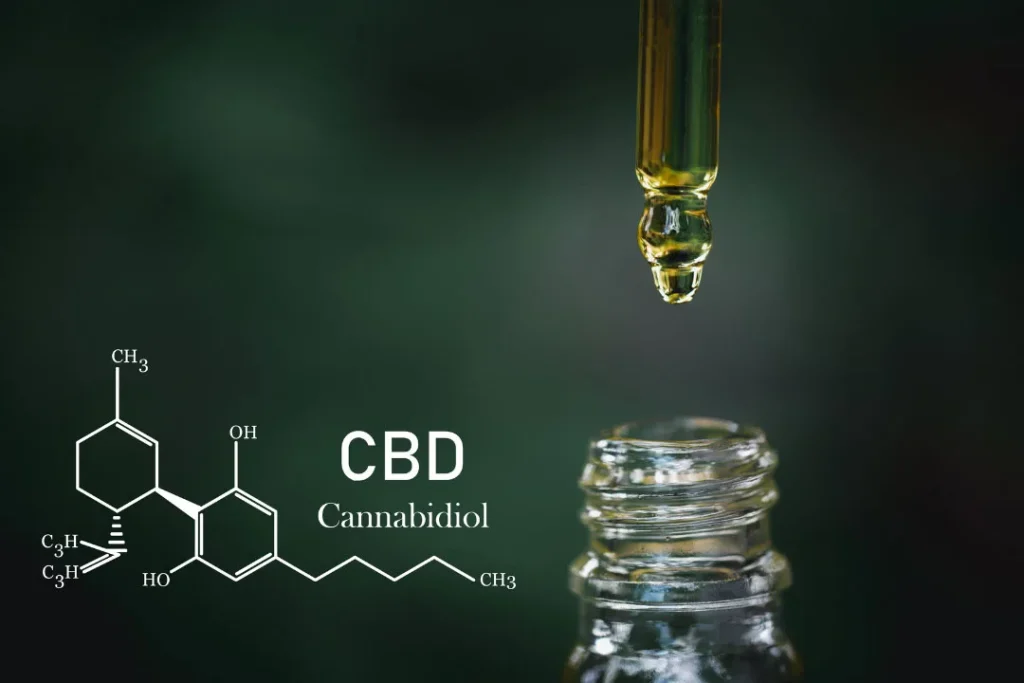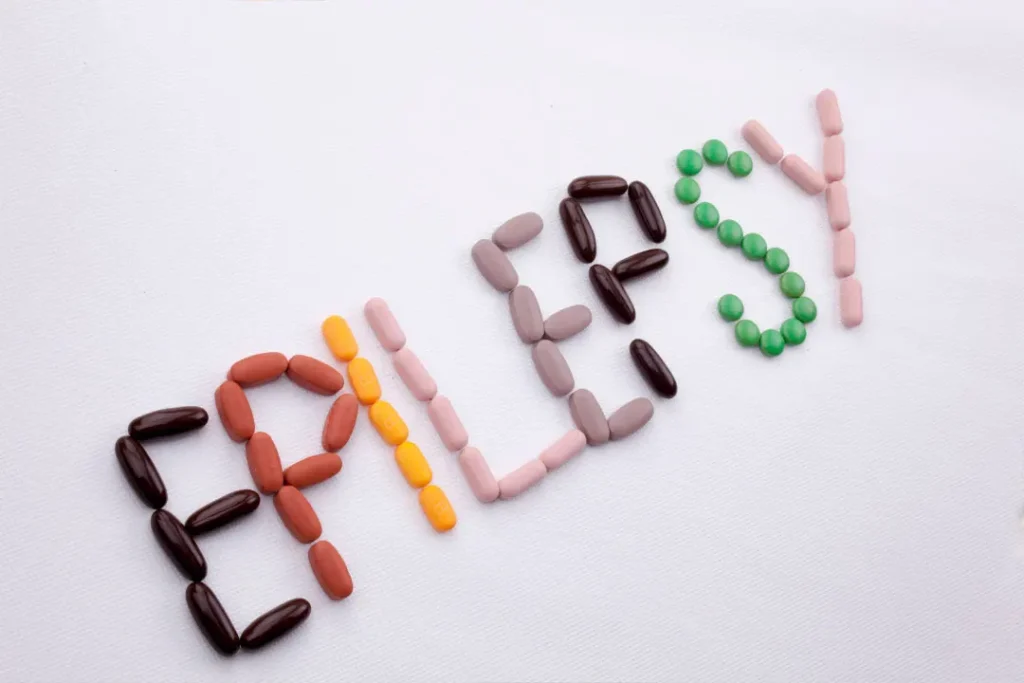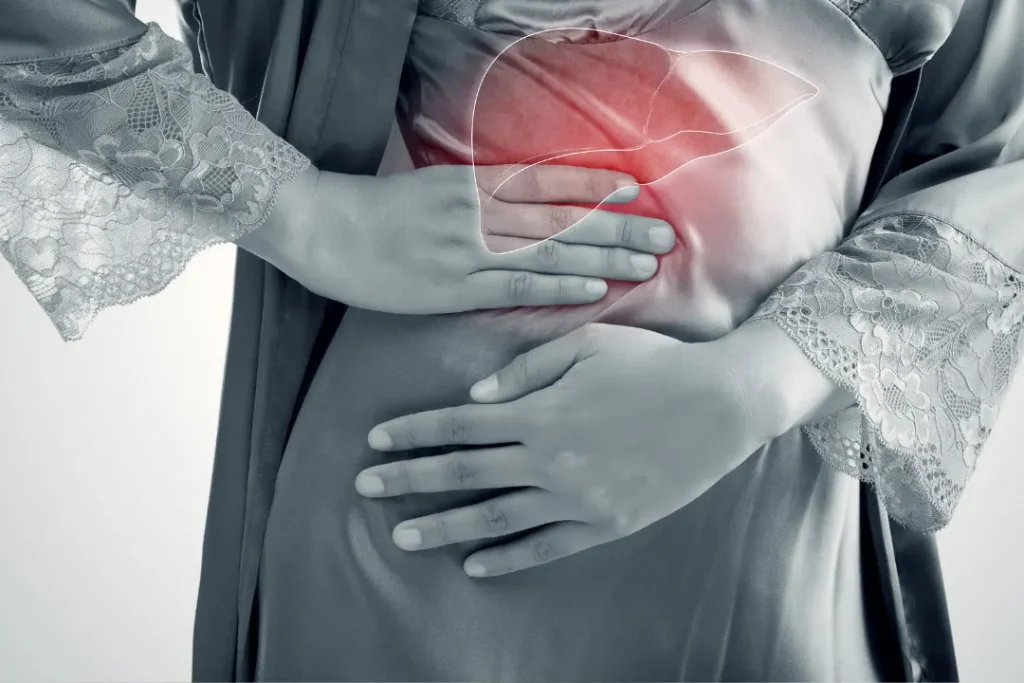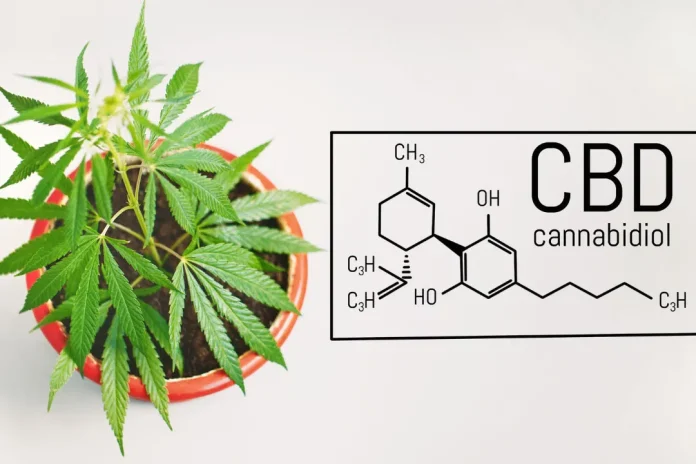Cannabidiol (CBD) is an increasingly popular treatment for those with anxiety, depression, chronic pain, and addiction. But how long does CBD last? Discover this all-in-one guide on CBD and what to consider when you make your purchase.
When most people think of marijuana, they first think of tetrahydrocannabinol, or THC, the mind-altering substance in the plant. But there’s another non-psychoactive compound in marijuana: cannabidiol, known in shorthand as CBD. While CBD is present in medical marijuana, it’s directly derived from hemp or manufactured within a laboratory.
In addition to not causing the “high” that’s typically associated with THC, CBD may provide a host of health benefits backed by scientific evidence, among them an ability to reduce anxiety, ease insomnia, alleviate chronic pain, and prevent epilepsy. It does this by binding to CB1 and CB2 nerve receptors in the brain, subsequently creating anti-inflammatory responses.
You May Also like:
CBD Gummies for Sex: Nature’s Libido Enhancer
What are some of the top CBD products for energy?
“How Long Does CBD Last?” and Other Important CBD Considerations is an original (OptimalPerformanceLiving) article.
How long does CBD last:
Is CBD legal everywhere?
Given that CBD is a component of marijuana, in the past, its legality has been up in the air (and is still somewhat so today, but to a far lesser extent). In 2018, the United States Congress signed the Agriculture Improvement Act into law, removing hemp from the federal Controlled Substances Act.
This law ushered in the current explosion of CBD products, as companies were eager to capitalize on the newly legalized substance. That said, a few states have yet to remove hemp from their controlled substances acts, meaning that while it’s legal on the federal level, certain states have strict provisions on what sort of CBD is allowed on shelves. In North Dakota, for instance, CBD is only legal with a medical cannabis license and for specific conditions.
How long does CBD last:
The numbers
In determining how long the effects of CBD will last, several factors come into play, including individual anatomy, how much CBD you take, how frequently you use it, and how you take it (there are many methods available these days, which we’ll get into later). Generally, the effects of CBD can last between 2 to 6 hours. While CBD vapes can yield noticeable results in as little as 15 minutes, edible and topical CBD products take a bit longer to settle in, the longest of which can take up to two hours to take effect.

How long does CBD last:
Is CBD a cure or treatment?
CBD is by no means a complete cure for any one ailment. That said, one of CBD’s significant claims to medicinal fame is its use as a safe and effective drug for seizure disorders, especially in children.
The research is so thorough that in 2018, the U.S. Food and Drug Administration granted regulatory approval to Epidiolex, a prescription CBD that treats Lennox-Gastaut and Dravet syndromes in children, both of which cause regular seizure activity and are resistant to more traditional epilepsy treatments. In most cases, patients taking Epidiolex saw a significant reduction in the frequency and severity of their seizures, with some becoming entirely seizure-free.
For other ailments, including insomnia, joint and muscle pain, depression, and anxiety, CBD may be a safe and natural treatment; there are fewer studies on the actual effects of CBD for these afflictions, though, and results can differ dramatically from patient to patient. Still, given the relatively low entry barrier and minimal side effects for healthy individuals, CBD can offer an alternative to more potent prescription medication or other, more invasive treatment methods.
“How Long Does CBD Last?” and Other Important CBD Considerations is the (OptimalPerformanceLiving) report.

How long does CBD last:
Which CBD method do I choose?
After the legalization of hemp, which legalized CBD, hundreds of companies jumped into the fray and crafted CBD products of their own. Today, there are all sorts of CBD products—it exists as raw flower and in oils, tinctures, vapes, capsules, lotions, creams, edibles, beverages, and more.
With such a wealth of options, it can be challenging to decide where to start, but narrowing it down by the ailment you’re looking to treat is helpful. For example, those suffering from muscle soreness or joint pain may find the most relief from a topical CBD product that absorbs quickly through the skin.
One such company offering CBD salves, creams, and massage oils is Joy Organics. “While a lot of Joy Organics customers are looking for a CBD product they can ingest, some are looking to introduce CBD into their lives in other ways,” says Joy Organics co-founder Joy Smith. “Perhaps you are looking for additional moisture for your skin or maybe for some muscle support. Our CBD Salve is the ideal choice for those who want to experience the benefits of CBD through topical application; it’s effective as soon as the product is absorbed into the skin.”
In addition to its topical products, Joy Organics also offers CBD-based soft gels designed for optimizing sleep, CBD gummies that aim to promote relaxation and de-stress, CBD bath bombs for those wanting a soothing, spa-like experience, and flavored CBD tinctures that purportedly bring a lasting sense of calmness over time.
The bath bombs aside, these other methods are meant to be ingested and may work better for those looking to tackle sleeplessness or anxiety. In creating all of its products, topical or not, Joy Organics uses a six-step process that starts with hemp from USDA-certified organic farmers and ultimately ends with third-party lab testing that ensures quality and potency (in other words, making sure no THC gets into its CBD products).

How long does CBD last:
When should I NOT take CBD?
While pure CBD is considered relatively safe, certain groups should avoid it. CBD can interact with certain medications—those on blood thinners, for example, should stray away from CBD, as it may cause unintended consequences. Those with underlying medical conditions, including liver disease, kidney disease, epilepsy, and heart problems, and those immunocompromised should consult a doctor before trying CBD, as it may cause unwanted side effects.
On its own, CBD can be harmful to the liver, so people with liver problems should not add any CBD to their day-to-day. CBD while pregnant is also discouraged, as the potential health effects on human fetuses are currently unknown.

So who should incorporate CBD into a daily routine?
If you’re struggling with insomnia, anxiety, restlessness, or pain but are otherwise healthy, a CBD supplement may be a safe and easy addition that yields fast-acting results. The science behind CBD is steadily growing, and with it comes a greater understanding of how this natural compound can benefit its users. The lack of mind-altering effects should be a boon to those who are fearful of THC or the effects typically associated with marijuana, too; CBD keeps the mind clear as it works.
For further reading:
The New York Times: What Are the Benefits of CBD?
Harvard Health Publishing: Cannabidiol (CBD): What we know and what we don’t
Cedars-Sinai Blog: CBD: What You Need to Know Before You Try
Important Note: The information contained in this article (“How Long Does CBD Last?” and Other Important CBD Considerations) is for general informational purposes only, and should not be construed as health or medical advice, nor is it intended to diagnose, prevent, treat, or cure any disease or health condition. Before embarking on any diet, fitness regimen, or program of nutritional supplementation, it is advisable to consult your healthcare professional in order to determine its safety and probable efficacy in terms of your individual state of health.
Regarding Nutritional Supplements Or Other Non-Prescription Health Products: If any nutritional supplements or other non-prescription health products are mentioned in the foregoing article, any claims or statements made about them have not been evaluated by the U.S. Food and Drug Administration, and such nutritional supplements or other health products are not intended to diagnose, treat, cure, or prevent any disease.
